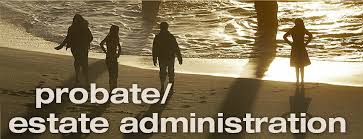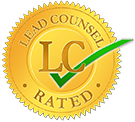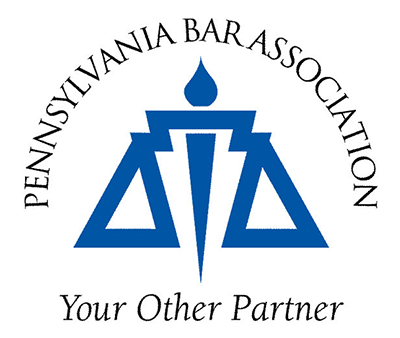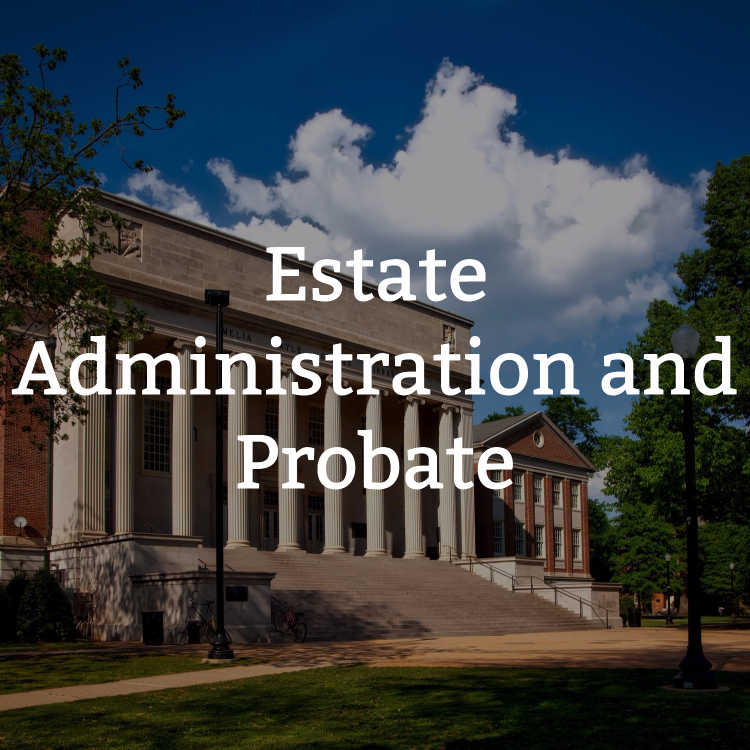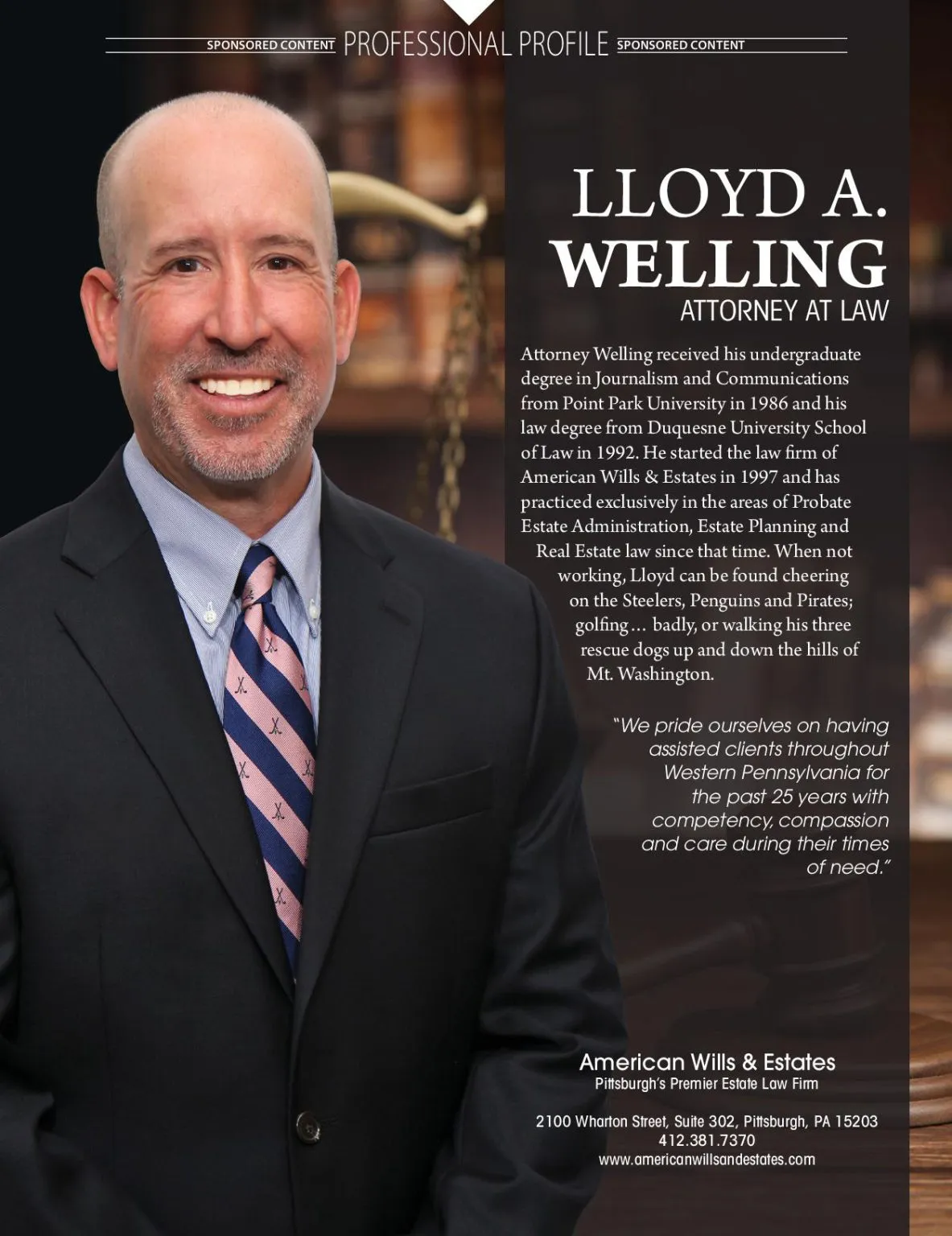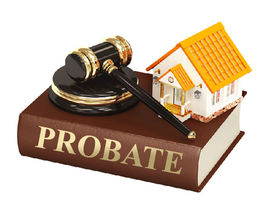The length of the probate estate administration process can depend on a variety of different things. If the estate being administered is small and the decedent left his or her affairs in relatively good order, the process can often be completed in a matter of a few months. However, if the estate in question is large and complex in nature, it’s quite possible that it may take more than a year to resolve the matter.
The Probate Process Can Vary Based on Complexity
How organized the decedent was is often the critical element in determining how smoothly the administration process will be. Namely, if the deceased left piles of paperwork and other documentation with little in the way of clear guidance or direction, it’s likely that it will take quite of bit of time initially just to get things organized.
Other things that can prolong the length of the probate process are complicated tax matters, multiple pieces of real estate that need to be sold, numerous debtors and creditors of the deceased looking to be paid, and beneficiaries and heirs who do not get along and are fighting over everything. If a lawsuit is filed at the beginning of the process involving a challenge to the validity of the decedent’s Last Will and Testament, this also can dramatically slow things down. Finally, it’s also important to remember that the laws governing the probate process can vary greatly from state to state. These local rules and procedures can also impact the amount of time it may take to complete the administration process.
Typical Probate Process Duration
Taking all of these factors into consideration, it’s still a pretty safe bet to expect the entire process to take somewhere between 3 to 6 months on average to complete. That being said, if there is a Will contest or other fighting going on between the heirs, these matters may take considerably longer than that to resolve.
Much like the length of probate, the costs of the estate administration process can also vary dramatically from state to state. It’s not unusual for the filing fees, legal fees and other associated costs and expenses of the probate process to add up to somewhere between 3% to 7% of the total value of the estate. However, if there are disputes that result in litigation such as a Will contest or challenge, the total cost and expenses may far exceed such amounts.
Hiring an Estate Attorney: Pay Attention to Fees
When you hire an estate lawyer to guide you through the probate process, make sure that you get their fee agreement in writing and that it spells out precisely what legal services they will be providing. Remember, attorney fees also can vary greatly and it’s usually your best bet to try to find one that will handle the matter on a flat fee basis. That way you’ll know what you’re going to pay in advance and you’ll eliminate the possibility of an unpleasant surprise at the end. Be smart, do your research and find someone who is experienced and that you’re comfortable working with. If you’d like to learn more about the cost of probate and the type of legal services that our law firm can provide, give us a call today at 412-381-7370 to schedule your free legal consultation.

